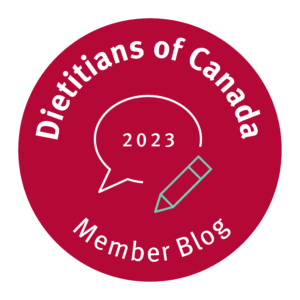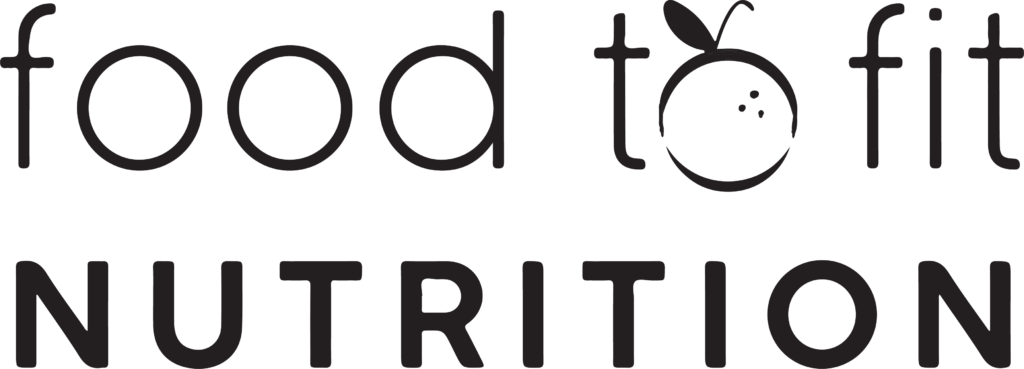
Infant “Tummy Troubles” – Before you Start an Elimination Diet for your Baby!
Robyn Price, Pediatric RD
Have you been told to avoid dairy, lactose, gluten, or any other food, because your baby was having “tummy troubles”? Or maybe the term “allergy” was introduced? I’m Robyn Price, a pediatric dietitian and certified breastfeeding specialist. In this post I’ll discuss important considerations before taking on a complex (and possibly unnecessary) elimination diet for your baby.
First, let’s clear up the difference between an allergy, sensitivity and intolerance:
Allergy
The World Allergy Organization requires two criteria to be met for an allergy diagnosis:
- You eat something and it produces specific signs and symptoms every time; and
- The signs and symptoms are caused by an immune response, either because of a proven test, OR due to pretty convincing clinical history. For example, although FPIES (Food Protein Induced Enterocolitis Syndrome) will show negative on skin prick or blood tests, there are specific symptoms identified that demonstrate “pretty convincing” clinical evidence of the immune response.
Sensitivity
The problem is, there are many signs and symptoms that sit in the grey area where allergy criteria #1 is satisfied, but criteria #2 is not. Although there is no convincing clinical history to suspect an immune response (to warrant an allergy diagnosis), the symptoms are real and reproducible. This is called a food “sensitivity”. Think of it as a broad word used for reacting to a food. Exposure to a certain type and amount of food produces symptoms every time. However, it’s unclear what is causing the response.
Intolerance
An “intolerance” is a reaction to a food but we know the cause is not an immune response. For example, lactose intolerance in adults is caused by the body’s lack of lactase enzyme which digests lactose properly. Undigested lactose triggers symptoms of bloating and discomfort, gas, and diarrhea.
Things get even trickier in infants. Signs and symptoms of sensitivities in babies aren’t always related to the milk or food they’re consuming. Or in the case of breastfeeding and chest feeding, the food YOU are eating. Sometimes it’s because they are struggling to feed well. If only they could talk and tell us, right? Instead, a nutrition and feeding assessment is needed to understand what the baby’s symptoms are telling us. As a pediatric dietitian and certified breastfeeding specialist, I help parents to figure out whether or not the symptoms in their baby relates to food, to feeding, or to gut function.
Here are 3 common signs that make parents THINK their baby has a food sensitivity:
Reflux
Reflux is when stomach contents come back up into the esophagus (the tube that connects the throat to the stomach). In infants, it’s known simply as “spitting up”. Because your baby is on an all liquid diet and typically spends a lot of time laying down, spitting up is common. Some babies are unfazed by this, and some experience pain and discomfort. The important thing about reflux, with or without discomfort, is that it is not a diagnosis nor the end of the story. Rather, reflux is a symptom of an underlying cause, with the two most common causes being aerophagia and gastro-esophageal reflux disease (GERD).
- Aerophagia is a fancy word for swallowing air. This happens when a baby is not feeding well because they cannot get a good seal on their latch, whether on the breast or bottle. With excess air being swallowed, it builds up in the baby’s gut causing bloating, pain and discomfort. The air takes up valuable stomach space leading to hiccups and burps. Symptoms of reflux often occur in tongue tied and lip tied infants (a term called aerophagia-induced-reflux), but is also seen in babies who are just struggling to land a good latch.
- Reflux becomes a diagnosis of GERD when the symptoms start to affect baby’s sleep, breathing, growth, behaviour, etc. Medications can help manage these symptoms by reducing the amount of stomach acid, but they only work if an over-production of acid is the cause of those symptoms. Whether or not the medication works, tackling the cause of reflux can help parents to feel empowered rather than waiting for baby to outgrow it. The National Institute for Health and Care Excellence suggest that non-IgE allergies could be related to GERD. However, swallowing air is a much more common cause to explore first.
GAS AND “COLIC”
When your baby is gassy, they will either pass more gas, or demonstrate discomfort by crying. The most recent Rome IV criteria for “colic” is defined as “recurrent and prolonged periods of crying, fussing, or irritability that occur without obvious cause that cannot be prevented or resolved.” Note there is no time duration. Colic is defined by you, the parents, because you are the expert of your own baby. Remember that a gassy, uncomfortable baby is a symptom, not a diagnosis.
Gas and discomfort or colic can happen for a couple reasons:
- Swallowing air (as discussed under Reflux) as a result of poor latch and/or poor feeding. One clue to detect this is when baby passes gas as “puffs of air” that do not have a smell. Then your baby calms down once the air has passed. When poor latch and/or poor feeding are a result of body tension from birth or a tongue tie, it also contributes to “colic” by affecting your baby’s ability to get milk out. This can lead to infrequent bowel movements with discomfort and sometimes poor growth.
- Dietary triggers. Think about a time you ate something that didn’t sit well in your tummy. You felt uncomfortable, ill, or nauseous and you were able to cope with that. If something doesn’t sit well with your baby’s tummy, they can’t cope with it on their own – they need you. The only way they know how to express that is to cry. In this scenario, there are certain signs and symptoms that suggest to me it’s time to trial a strategic, short term elimination diet to pinpoint foods causing discomfort.
POOP PROBLEMS
There’s nothing like the mystery of what’s in your baby’s diaper. What comes out is a reflection of what goes in, and gut function tells us what happens in between. Poops that indicate something isn’t quite right include: mucous, blood, constipation, diarrhea, green colours, or a smell that could clear a room. This relates to the baby’s diet (what is going in) and how the gut is functioning (what is happening in between). However, feeding issues can also play a role. For example:
- Body tension as a result of tongue tie slows down your baby’s gut stimulation, leading to pooping only once a week (yet baby appears well otherwise);
- An improper latch that causes cracked nipples, contributing to blood in your baby’s poop; or
- Green and frothy poops suggest that a baby is struggling to drain the breast.
If we cannot explain the cause and reason from feeding issues, the next logical explanation is that something is happening right in the gut. This could relate to allergies, sensitivities, intolerances, or even a microbiome imbalance. We can help your baby by changing the diet to improve gut function and poop problems.
So what do you do about it?
There are valid reasons to explore food allergies, sensitivities, or intolerance in your baby. However, I often see parents embark on elimination diets for weeks without relief. This leads to nutrient deficiencies in the parent and/or baby, mental burnout, and/or wasted time.
As a dietitian who specializes in breastfeeding and infant feeding, I take a close look at all the pieces of the puzzle to first help rule out possible feeding issues and then identify whether or not an elimination diet is warranted. I provide parents with guidance to identify trigger foods, create a feeding and nutrition plan, and discuss the long term strategy. If you have any questions, send us an email Or book online with me. I look forward to connecting with you.
LET'S STAY IN TOUCH
Join our mailing list
Join our newsletter for more non-diet content including practical nourishment, recipes, nutrition myth-busting, and weight inclusive well-being.
Curiosity, self-compassion, food peace. Nutrition assessment, planning, and monitoring + food relationship counseling.
Food to Fit Locations:
#203, 2445 Broad Street
Regina, Saskatchewan
1124 8th Street East
Saskatoon, Saskatchewan
